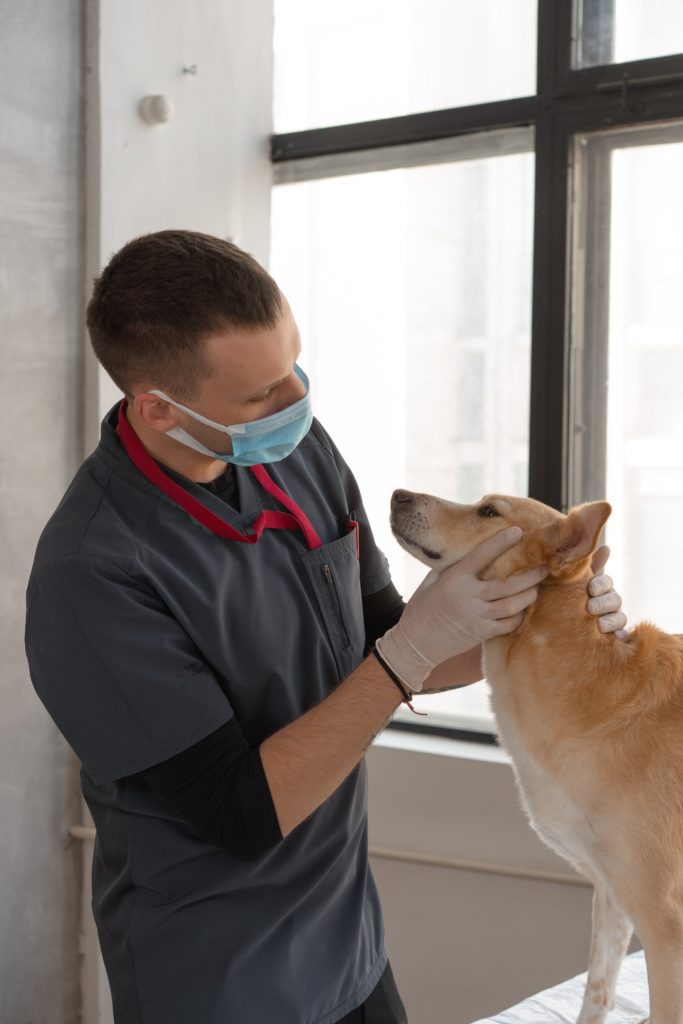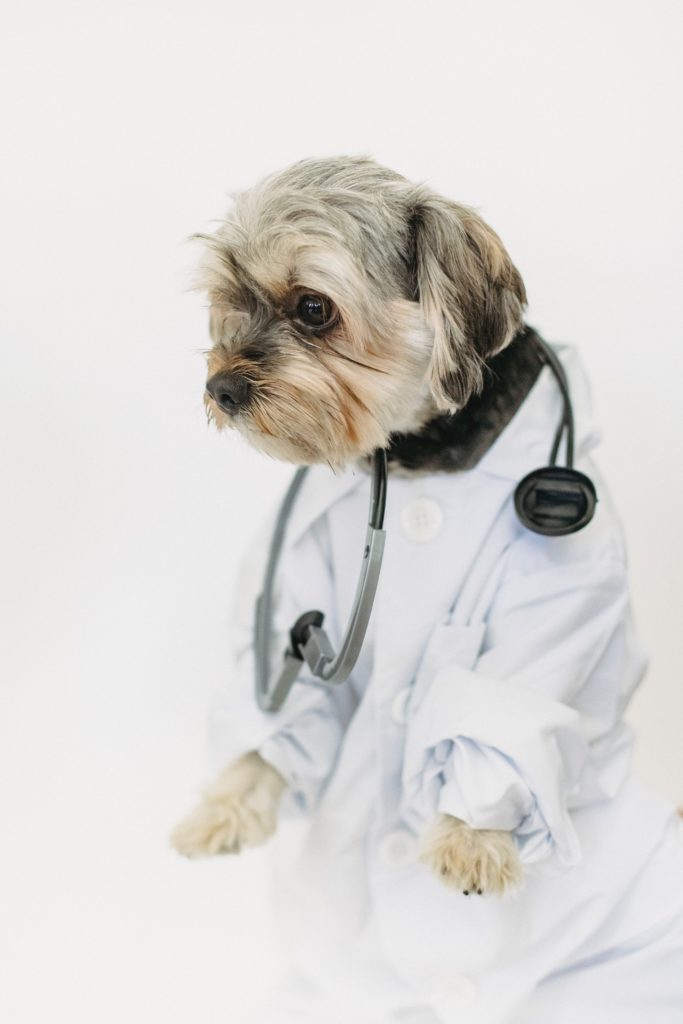Disadvantages of Being a Veterinarian
A veterinarian begins with compassion for animals – the disadvantages of Being a Veterinarian is that It requires a college degree in science, followed by four years of veterinary school and passing the state licensing exams. Veterinary doctors examine sick animals and prescribe medicines and perform procedures such as x-rays and blood tests for treatment. Veterinarians also educate the public about animal health and offer preventative therapies for animals.
Listed below are some of the disadvantages of being a Veterinarian
Start-up
Most veterinarians work in private clinical practices and government agencies rather than large organizations like zoos or zoological gardens. Establishing and maintaining a veterinary clinic can be a time-consuming and expensive endeavor. The self-employed veterinarian requires adequate office space, and a secure storage area for medicines. There is also a possibility that the veterinarian may hire office staff to help with office work and assistants to help with the animals. Aside from the costs of medical supplies, equipment, furniture, and office supplies, additional expenses also have to be considered.
Emergencies
Veterinarians often have to handle emergencies that can happen on any day or night. Occasionally a veterinarian might have to travel to see their patients, mainly if they work with large animals. You might need to travel to a farm in the middle of the night if you need assistance during labor or delivery. The veterinarian may find it challenging to schedule vacation days when there are no other veterinarians in the same office or area who can share the workload.
Grief
Veterinary professionals are compassionate people, but sometimes they must face the fact that they cannot treat or cure every sick animal that they come across. A veterinarian can find this difficult at times since he must deal with both his own emotions and provide advice to grieving pet owners. In addition, the animal care he provides is often complex for them due to his obligations to people who have sick animals but cannot afford to care for them.
Physical Demands
Treatment of animals is an extremely physically demanding job, especially when working with large animals. Generally, large animals require the vet to perform surgery outside the clinic; as a result, he may have to do the surgery in a barn or a stable, far from the sanitized and convenient conditions of a clinic. In addition, even though a sick animal is large, it can be challenging to control, and a vet runs the risk of injuries as well as causing expensive medical equipment to be damaged. Nevertheless, veterinary professionals enjoy the privilege of working with animals and being versatile in their work.
Dealing with sickness
In a career where you have contact with animals every single day, you need to be prepared to deal with their illness. Many of the animals you encounter will be very sick when you meet them for the first time. Injured animals can often be very emotional and lead to anxiety and depression. The infection is further complicated by the blood, feces, bacteria, and unpleasant smells present. Veterinarians have to be very careful when dealing with such situations!

Euthanasia
The stress and anxiety associated with euthanizing animals regularly and dealing with people’s grief over their pet’s demise can significantly impact the health of veterinarians, veterinarian technicians, and pet owners. A veterinarian should be aware of the potential impact of euthanasia on animals. They should know the warning signs to look out for and are aware of helpful ways of coping with the emotional impact of performing euthanasia. Any person wanting a career in veterinary medicine should understand these dangers.
Timeframe
The process of becoming a veterinarian is a long and arduous one. The training for being a veterinarian would be five to six years longer if you wanted to be one. Animal husbandry, as well as veterinary, would need to be studied. In addition, a science background would be required to pursue this career. Veterinarians will need a master’s degree to advance their careers. Overall, after you’ve finished high school and entered a college or specialized school, you should expect to take seven years to complete your education.
Difficulty dealing with pets
Anger and agitation in pets can be very challenging to handle – another disadvantages of Being a Veterinarian. There is always the possibility that they might bite you, even though it is rare. Veterinarians must always be compassionate in their treatment of patients. Inhumane treatment of a helpless animal is not a simple thing to deal with. Quite often, this situation will require tough decisions. Vets can suffer psychological effects when making challenging decisions like euthanasia of their pets.
Emotionally Wearing
A veterinarian may be required to be available 24 hours a day or on call at certain times during the day as part of their job duties thus the disadvantages of Being a Veterinarian. Therefore, physical, psychological, and emotional pressure would be an aspect of the job that would require you to adapt.
Final Thoughts
There is no doubt that a career in veterinary medicine can be extremely fulfilling. The opportunity to meet new animals and kindly treat them will help give them a new lease of life. In the meantime, it is also important to maintain a high level of confidence in yourself.





